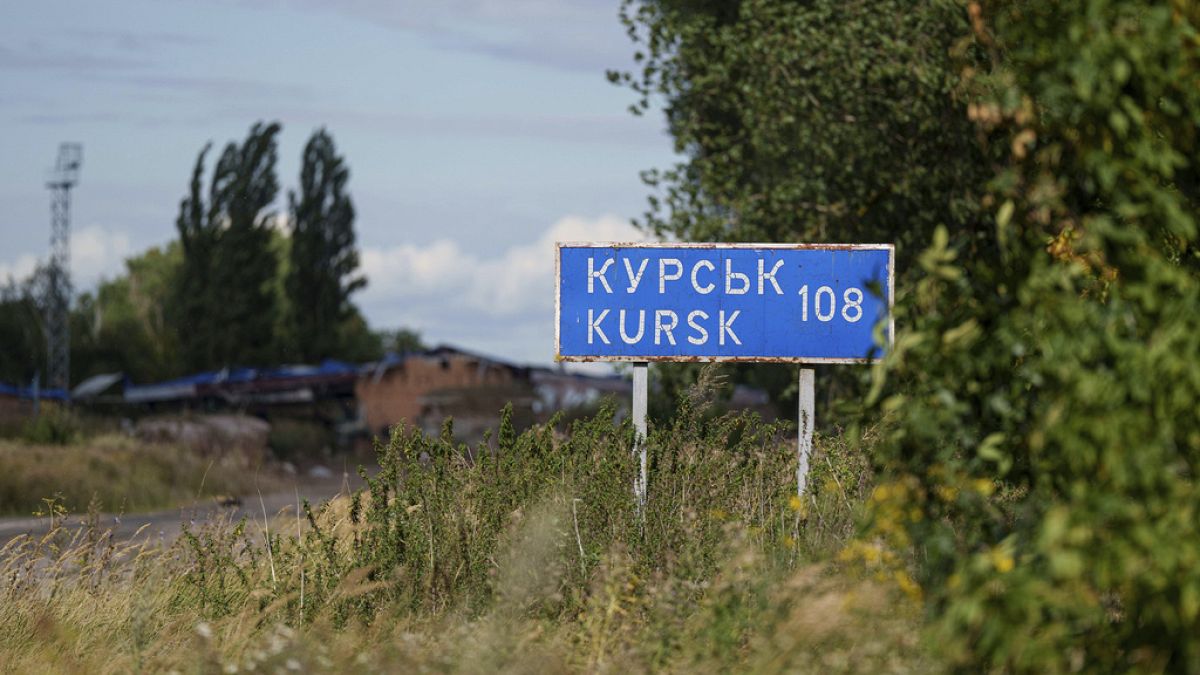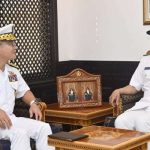Recently, there have been reports in the local media that Ukrainian forces have engaged in combat with North Korean soldiers. This marks the first time that North Korean troops, deployed by Russia to the Kursk region, have seen direct action since their arrival. Ukrainian President Volodymyr Zelenskyy expressed his concerns in a nightly address, criticizing the lack of response from Western partners and emphasizing the need for increased counter-efforts to prevent further escalation of the conflict. He highlighted the importance of air defense measures due to the growing use of explosives by Russian forces. If confirmed, this would be the first direct intervention by a third-party army since Russia’s invasion of Ukraine nearly three years ago.
In his address, President Zelenskyy stated that about 11,000 North Korean troops have reached the Kursk region in Russia, pointing out the concerning increase in their presence. He called for a stronger response from international partners to address the situation and prevent further escalations in the conflict. The Ukrainian leader highlighted the need for increased countermeasures to combat the growing terror caused by Russian forces, particularly emphasizing the importance of air defense systems in protecting Ukrainian territories. The engagement of Ukrainian forces with North Korean soldiers marks a significant development in the ongoing conflict, showcasing the complex dynamics at play in the region.
The conflict between Ukrainian forces and North Korean soldiers comes amidst the backdrop of ongoing tensions between Russia and Ukraine. Ukrainian troops have been holding significant portions of the Kursk region since their surprise incursion into Russian territory in August. In response, Moscow’s forces intensified fighting in the region in September, aiming to reclaim lost territory. The engagement with North Korean troops highlights the evolving nature of the conflict and raises concerns about the involvement of multiple parties in the ongoing hostilities. The situation underscores the need for coordinated efforts to de-escalate tensions and address the root causes of the conflict.
The reported firing on North Korean soldiers by Ukrainian forces indicates a shift in the dynamics of the conflict, with the involvement of additional actors adding complexity to the situation. The deployment of North Korean troops by Russia to the Kursk region has raised alarm bells, prompting calls for a stronger international response to prevent further escalations. President Zelenskyy’s criticism of the muted reaction from Western partners underscores the need for greater support and coordinated efforts to address the evolving conflict. The use of air defense measures has been highlighted as crucial in countering the growing threat posed by Russian forces, emphasizing the importance of bolstering Ukrainian defenses to safeguard against potential attacks.
As the conflict in the Kursk region continues to escalate, the engagement of Ukrainian forces with North Korean soldiers marks a significant development in the ongoing hostilities. The involvement of multiple parties in the conflict underscores the complex nature of the situation and raises concerns about the potential for further violence. President Zelenskyy’s address calling for increased countermeasures and stronger international response reflects the gravity of the situation and the urgent need for action to prevent further escalations. The conflict in the region remains fluid, with the dynamics evolving rapidly as various parties navigate the complex geopolitical landscape. It is essential for international partners to work together to de-escalate tensions and find a peaceful resolution to the conflict in the Kursk region.











